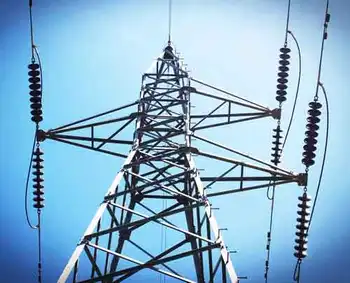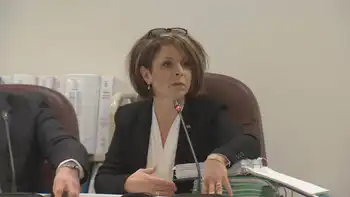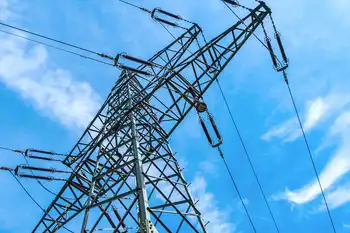Power woes may haunt suburbs this summer
MUMBAI, INDIA - It could be a long, hot summer for 25 lakh Reliance Energy Ltd consumers. The power company's Executive Director Lalit Jalan told the Hindustan Times that the city's daily power shortfall could rise to 700 MW in the summer, forcing power cuts in the suburbs. "There's no power available to make up for the shortfall," he said.
He said Reliance Energy could have headed off the problem if the state and other players had allowed it to expand its Dahanu facility and set up new plants five years ago.
"At that time, we were told that the state had surplus power and there was no nee for new projects," Jalan said.
Reliance Energy supplies power to the western suburbs between Bandra and Dahisar and eastern suburbs between Sion and Vikhroli, while the Brihanmumbai Electric Supply and Transport (BEST) caters to the island city. BEST buys power from Tata Power Company, which also supplies Reliance Energy and bulk consumers like airports, railways, hospitals and sensitive installations.
In regular conditions, the three companies together supply 2,300 MW a day to Mumbai and they xpect the demand to cross 3,000 MW this summer. Best General Manager Uttam Khobragade, assuring constant power supply to the island city, said it would face no shortfall.
Other parts of Mumbai are already facing the heat. Mahavitaran - the state utility that distributes power to eastern suburbs like Kanjurmarg, Bhandup and Mulund - enforces three to four-hour power cuts every day. The situation is even worse in the sat llite towns of Thane, Navi Mumbai and Kalyan-Dombivli, as well as the rest of Maharashtra, which face up to 12 hours of power cuts every day.
Mahavitaran supplies to the Mumbai power distributors when their units are shut for repairs. It charged some utilities for overdrawing power even during normal situations and asked for a penalty and higher selling price. While Tata and BEST declined to comment on Mahavitaran's charges, Jalan said Reliance Energy did not draw Mahavitaran power.
Related News

N.B. Power hits pause on large new electricity customers during crypto review
FREDERICTON - N.B. Power says a freeze on servicing new, large-scale industrial customers in the province remains in place over concerns that the cryptocurrency sector's heavy electricity use could be more than the utility can handle.
The Higgs government quietly endorsed the moratorium in a cabinet order in March 2022 and ordered a review of how the sector might affect the reliable electricity supply.
The cabinet order, filed with the Energy and Utilities Board, said N.B. Power had "policy, technical and operational concerns about [its] capacity to service the anticipated additional load demand" from crypto mines.
It said the utility had received "several…




